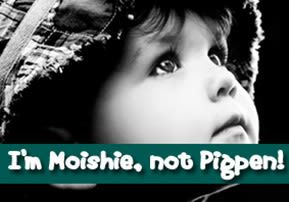
I’m Moishie, not Pigpen!
How can people be so cruel as to bury their child alive in a coffin of a negative self image, given from an early age by a derogatory nickname or label?

Sticks and stones can break my bones but words can never hurt me!
Whoever coined the above expression didn’t understand much about the human soul.
 Let’s take “Pigpen” for example. Charles M. Schulz never gave him a real name. Ever since he became one of the “Peanuts” regulars in 1954, this little fellow has only been known by the name of “Pigpen”.
Let’s take “Pigpen” for example. Charles M. Schulz never gave him a real name. Ever since he became one of the “Peanuts” regulars in 1954, this little fellow has only been known by the name of “Pigpen”.Think about this for a moment: Can you expect a child whom the entire world addresses as “Pigpen” to be neat and clean? Can you expect him to bathe or to pick up after himself? Can you expect his briefcase, his notebooks, or his desk to be orderly? Never in a million years!
Suppose we were to discover that this little boy’s mother and father coined the horrendous nickname of Pigpen. We’d be furious and indignant, wouldn’t we? We’d ask ourselves how can people be so cruel as to bury their child alive in a coffin of a negative self image, driven into him from an early age, that he’s a filthy, messy, slob and a social misfit. What can possibly be expected of such a child?
Where do parents get the license to murder their kids with verbal abuse? Where do they get the right to call their children “lazy”, “stupid”, “fat”, or “coward”? Insulting a child is every bit as cruel as beating him with a stick or stone; in many respects, the human soul is far more fragile than a human bone. Broken bones heal faster than broken souls.
Children need guidelines and borderlines; they certainly don’t need insult. A child must be reprimanded for a careless or inconsiderate act, but he or she must never be called by a bad name. The Talmud states that one who calls another person by an undesirable nickname has no place in the world to come. Parents do not have a mandate to trample their children.
The Ben Ish Chai warns (Shana Rishona, Ki Tetze) that calling a person by an undesirable nickname, even if he or she is accustomed to that nickname, is a severe transgression of Torah when the nickname is anything other than complimentary and loving.
The Gemara (tractate Bava Metzia 58b) pulls no punches about the severity of insulting or causing anguish to another human being by using a derogatory nickname – the offender falls into purgatory and never returns! In the regard, insulting one’s children is one of the most dangerous offenses of Torah. Unfortunately, many parents – even observant ones – are not aware of this halacha. Yet, lack of awareness won’t get an offender off the hook, for in the case at hand, the victim is the tender soul of a child.
The Zohar describes the importance of a name, saying that the name that a child receives reflects his or her mission in life.
Our Holy Torah cites the Divine inspiration with which our ancestors named their children. The name of a Jew is not a mere means of calling someone. In Jewish esoteric thought, one’s name is a description of his soul, that tiny part of G-dliness within him.
Who has the audacity to address one’s tiny part of G-dliness in any other than a respectable and complimentary fashion?
Since a child can’t forgive someone until coming of age (13 for a boy and 12 for a girl), there is virtually no correction for calling a child by some insulting name or by anything else that causes anguish to the child. Until the child grows old enough to forgive, Hashem won’t forgive the parents for verbally abusing their children by calling them all types of insulting and painful nicknames.
Hashem gives children to parents as a deposit for safe-keeping. He expects parents to do their utmost to help the exquisite little souls that are placed in their hands to develop into emotionally healthy and productive individuals. We certainly must be extra careful in properly caring for the King’s possessions; those exquisite little souls belong to Him and not to us.
I think it’s about time that we change Pigpen’s name to Moishie, give him a haircut, a shampoo, and a good bath, and then dress him up in a white shirt and black pants. With love and encouragement, he’s bound to be a smashing success.


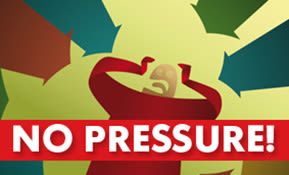
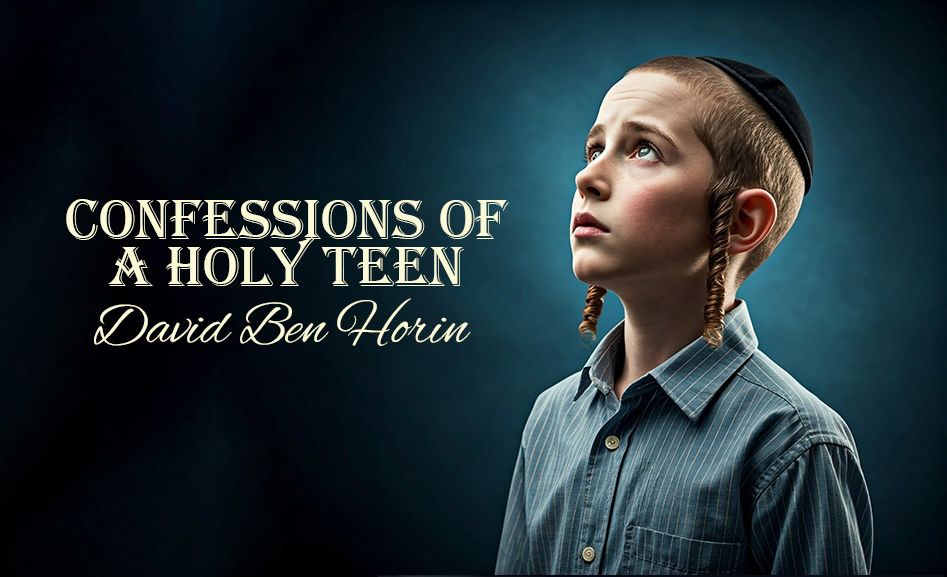
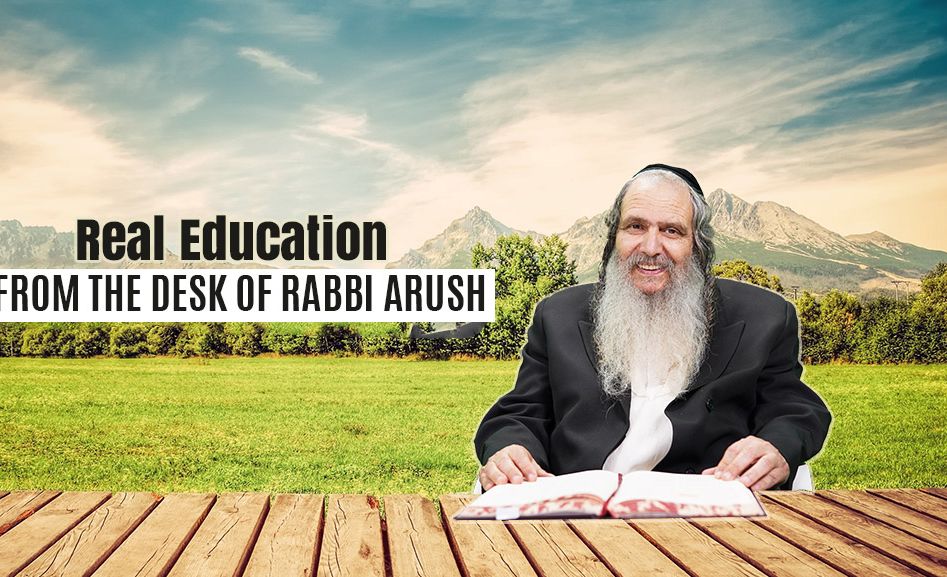
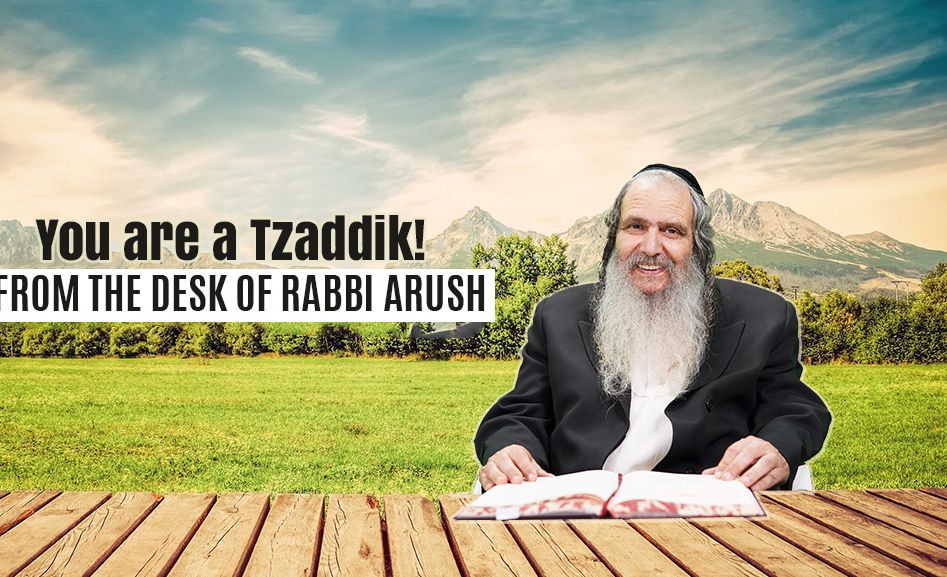
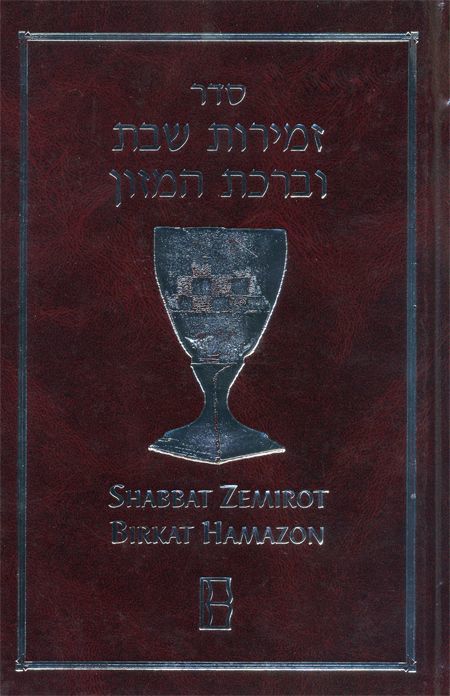
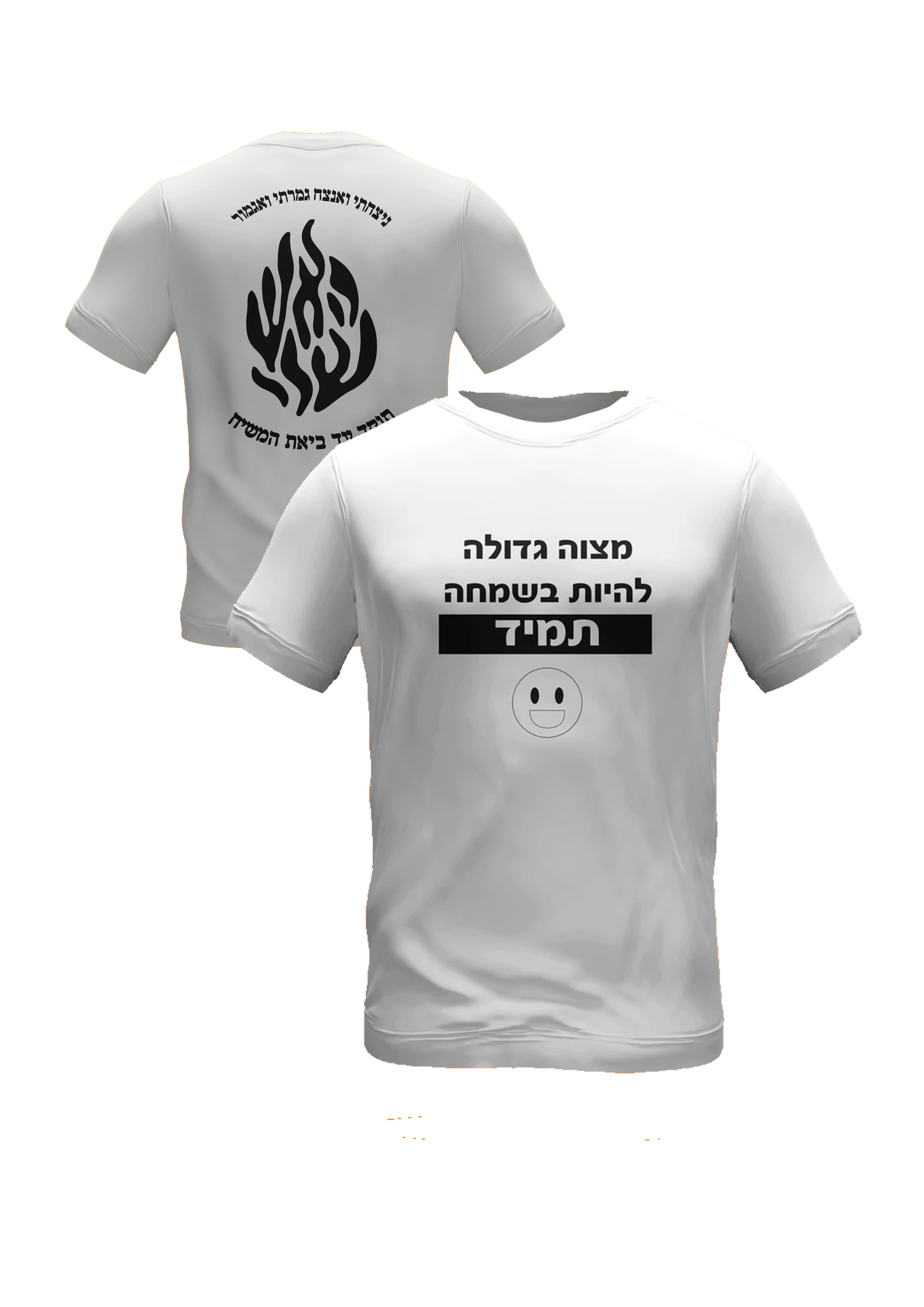
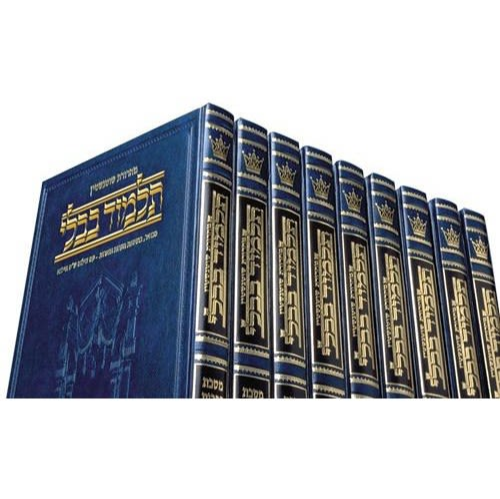
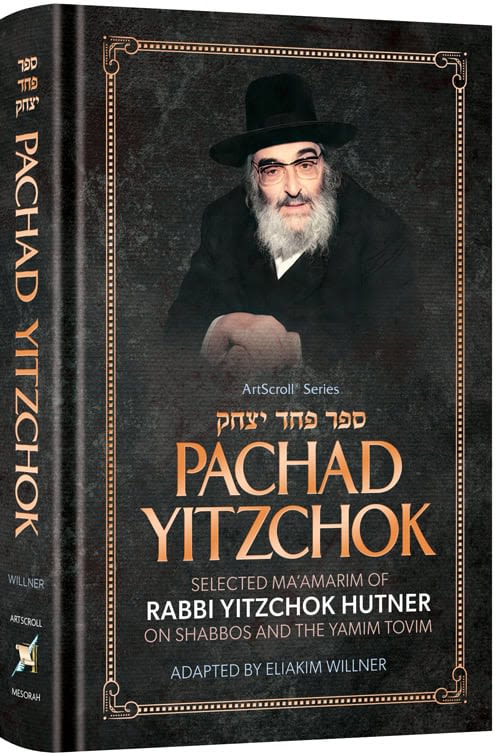
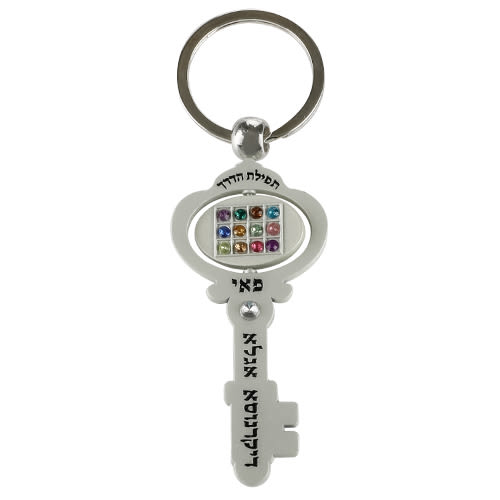
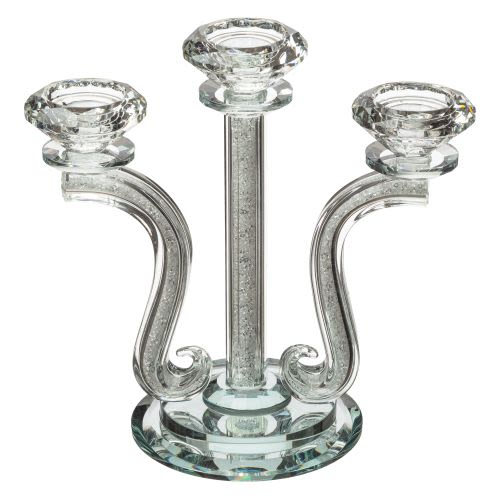
5/20/2009
Dressing with love When you bathe & dress the child, remember that Eshet Chayil dresses her household in scarlet and purple, which may be interpeted as clothing that is liked & respected in one’s community. Jewish teachings on education say to educate the child according to the child’s way, not according to a one-size-fits-all teaching policy. Young children often like bright colored clothing with picures of flowers and cute little animals. If you want a child to care about his or her clothing, let the child make choices amongst clothing that parents have selected as appropriate for the weather and occasion. And the clothes shouldn’t be so delicate and expensive that the parents get upset when they get dirty. Clean hand-me-downs are fine.
5/20/2009
When you bathe & dress the child, remember that Eshet Chayil dresses her household in scarlet and purple, which may be interpeted as clothing that is liked & respected in one’s community. Jewish teachings on education say to educate the child according to the child’s way, not according to a one-size-fits-all teaching policy. Young children often like bright colored clothing with picures of flowers and cute little animals. If you want a child to care about his or her clothing, let the child make choices amongst clothing that parents have selected as appropriate for the weather and occasion. And the clothes shouldn’t be so delicate and expensive that the parents get upset when they get dirty. Clean hand-me-downs are fine.
5/18/2009
Rav Lazer, thanks for bringing this up. I was called nasty names growing up – not so much by my parents, but by schoolmates and “play”mates – daily for years. If they could’ve played “seamstress” and pricked me with pins, I have no doubt some of them would have. All this due to having a Jewish name, where Jews were hated!
Add to this my middle name – exotic, non-Jewish, and, it turns out, a curse due to its association with a famous prostitute. What do you suppose that had to do with my neshama yehudit? Reflection, or pollution?